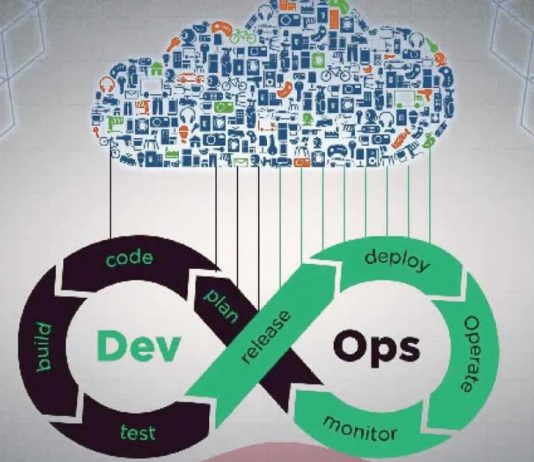There are a lot of buzzwords in the technology world, and it can be challenging to determine what they mean and how they differ from one another. Two of the most popular buzzwords right now are “DevOps” and “cloud engineering.” But what do they mean? How do they compare? And which one is suitable for your organization?
Contents
What is DevOps, and what is cloud engineering?
DevOps is a set of principles and practices that aim to reduce the friction between software development and operations. The goal is to enable faster, more frequent deployments while maintaining high levels of quality and security.
Cloud engineering is a relatively new discipline that focuses on designing, building, and operating cloud-native systems. Cloud-native systems are designed to take advantage of the unique characteristics of cloud computing, such as scalability, elasticity, and pay-as-you-go pricing.
Both DevOps and cloud engineering share some common goals, such as increasing speed and agility while reducing costs. However, they differ in their focus and approach. DevOps emphasizes collaboration between developers and operations teams, while cloud engineering takes a more holistic view of the entire system.
There are some critical skills required for each role. For cloud engineering, the essential skills include distributed systems design, microservices architecture, Infrastructure as Code (IaC), and DevOps principles, as mentioned in JFrog. For DevOps, these skills include: automation, configuration management, monitoring and logging, Continuous Integration/Continuous Delivery (CI/CD), and containerization.
How can you decide which is suitable for your organization?
The best way to decide which is suitable for your organization is to assess your needs and objectives. DevOps may be a good fit if you’re looking to increase speed and agility while reducing costs. If you’re looking to take advantage of the unique characteristics of cloud computing, then cloud engineering may be a better option.
Here are a few pointers you could look out for:
- If you want to focus on improving your organization’s speed and agility, DevOps is the way to go.
- If you want to take advantage of the unique characteristics of cloud computing, such as scalability and flexibility, then cloud engineering may be a better option.
- If you’re looking for a role that emphasizes collaboration and communication, then DevOps is the way to go.
- If you’re looking for a role that emphasizes technical expertise, then cloud engineering may be a better option.
What are the critical skills required for each role?
The key skills required for a DevOps engineer are:
- Strong communication and collaboration skills
- Experience with automation and configuration management tools
- Ability to work in a fast-paced, ever-changing environment
The key skills required for a cloud engineer are:
- Technical expertise in cloud computing platforms and technologies
- Strong understanding of networking concepts
- Experience with automation and orchestration tools
How can you get started in DevOps or cloud engineering?
If you’re interested in a career in DevOps, the best way to get started is to gain experience with automation and configuration management tools. You can also look into taking a course or certification in DevOps.
If you’re interested in a career in cloud engineering, the best way to get started is to gain experience with cloud computing platforms and technologies. You can also look into taking a course or certification in cloud engineering.
Both DevOps and cloud engineering are growing fields with plenty of opportunities for those with the right skillset. If you’re interested in either discipline, the best way to get started is to gain experience with the relevant tools and technologies. You can also look into taking a course or certification in DevOps or cloud engineering. Whichever route you decide to take, make sure to stay up-to-date on the latest trends and developments in these rapidly changing fields.
Pros and cons of DevOps vs. cloud engineering
There are pros and cons to both DevOps and cloud engineering. Here are a few of the key advantages and disadvantages of each approach:
DevOps Pros:
- Increased speed and agility
- Reduced costs
- Improved communication and collaboration
Cons:
- Requires significant cultural change: DevOps is not just about the tools; it’s also about changing the way your organization works
- Can be difficult to scale: DevOps relies on close collaboration and communication, which can be challenging to maintain in large organizations
Cloud Engineering Pros:
- Utilizes the unique characteristics of cloud computing platforms
- Greater flexibility
- It can be easier to scale than DevOps
Cons:
- Requires specialized knowledge and skills
- It can be more expensive than DevOps. Cloud computing platforms typically charge by the hour or the number of resources used.


